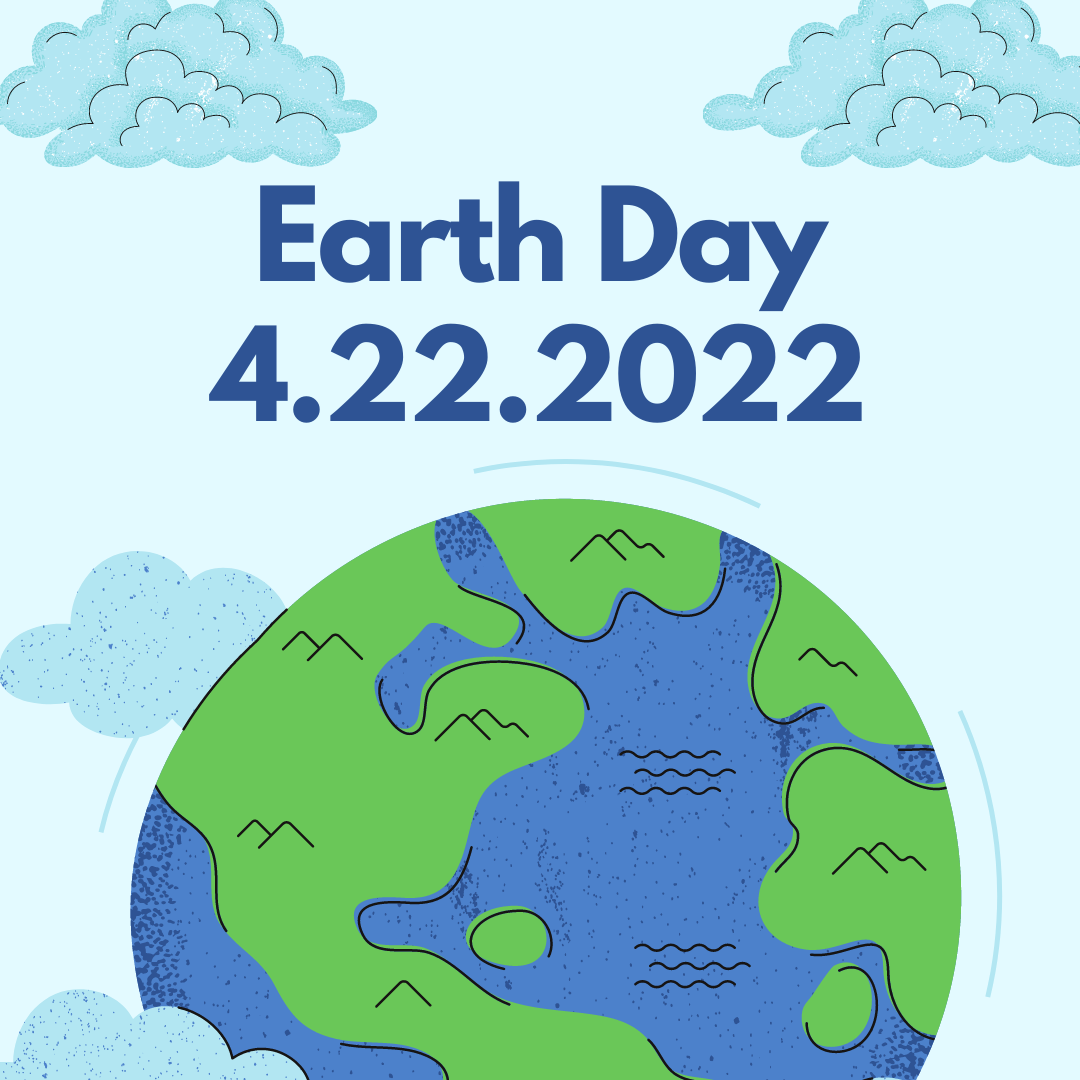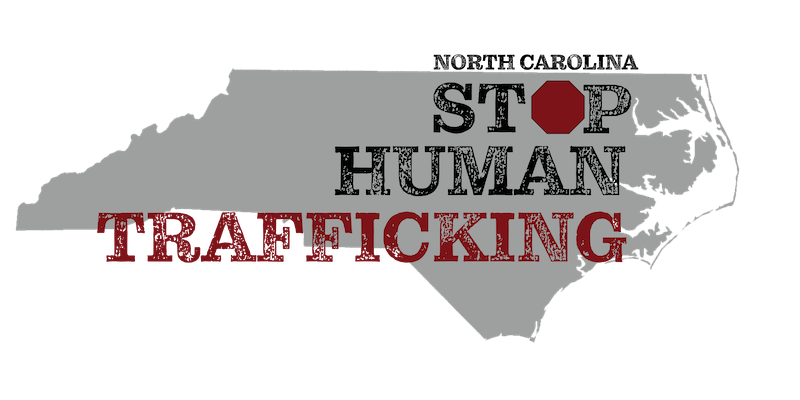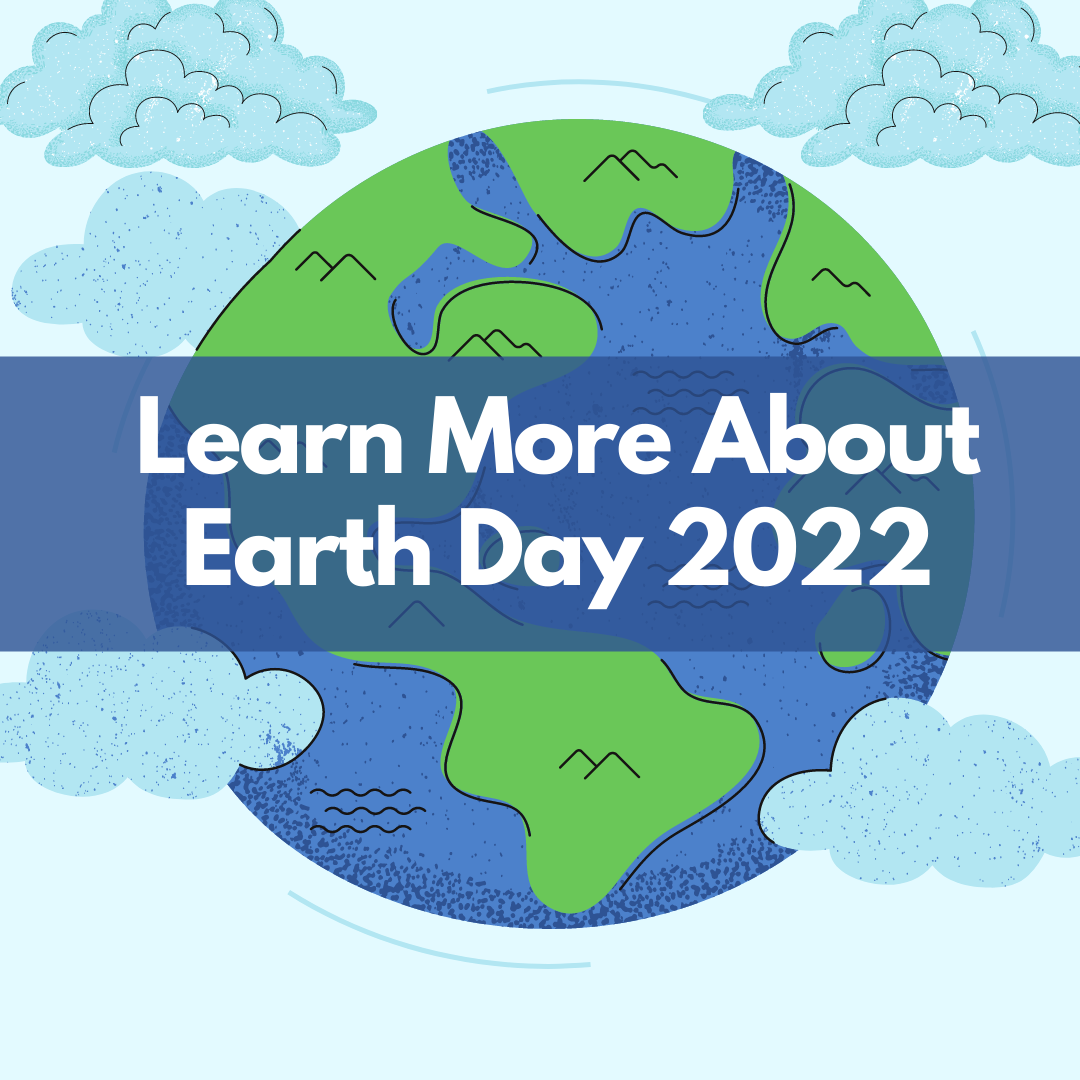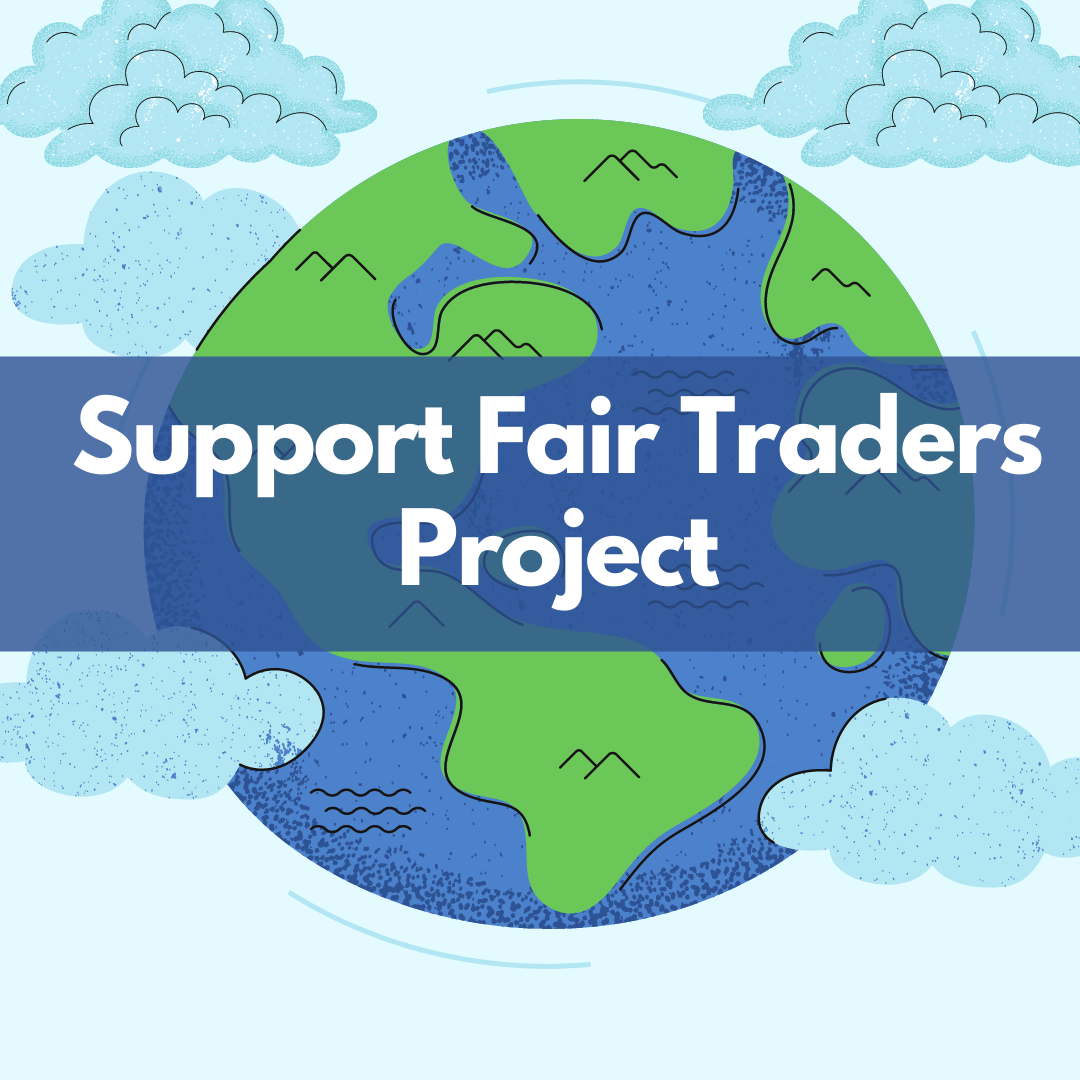
By Melinda Sampson, Community Outreach Coordinator, NC Stop Human Trafficking
Earth Day is today, and the connection between caring for our planet and sustainability is linked to human trafficking in two ways.
The first, and most obvious, is the powerful human trafficking prevention mechanism that can be found in fair trade certified products. Not only does fair trade certification guarantee that products are made without slave labor and child labor, as well as ensuring fair wages, it also requires product creation and/or harvesting to be done using methods that are environmentally friendly.
Fair trade certification support means that support for strong stewardship of the environment grows, and that in itself will lead to a dramatic decrease in air, ground and water pollution, as well as greenhouse gas emissions.
The second and less obvious piece is connecting environmental stewardship to a decrease in human trafficking through the reduction of greenhouse gas emissions that cause climate change.
Make no mistake, climate change affects everyone on the planet. However, the people who are hit the hardest by climate change first will be the marginalized communities across the world.
When climate change causes natural disaster after natural disaster, homelessness will invariably increase across the world, causing huge pockets of people to be more vulnerable to trafficking.
Climate change also has the capacity to displace millions of people across the globe.
When people are forced to leave their homes as climate change refugees, they will become more vulnerable to labor and sex trafficking.
Though there are limited studies directly connecting climate change to human trafficking, it is in understanding the basis of vulnerability and displacement where the link is made.
In field research conducted in Bangladesh it showed an increase in trafficking after Cyclone Sidr hit the area in 2007. “Criminal networks began to operate in the disaster-affected region, preying on widows, men desperate to cross the border to India to find employment and income and sometimes entire families.”
It is important that we connect how our environmental conditions affect communities across the world, whether that be through displacement due to natural disasters or increased health concerns due to air and water pollution.
We have one Earth, and we must take care of it as well as the people in it. When we have the ability to curb environmental devastation, we are also fostering protective factors in communities, which are necessary to have a global population that is less vulnerable to exploitation.
— Melinda Sampson is the community outreach coordinator of NC Stop Human Trafficking. She can be reached at melinda@encstophumantrafficking.org


